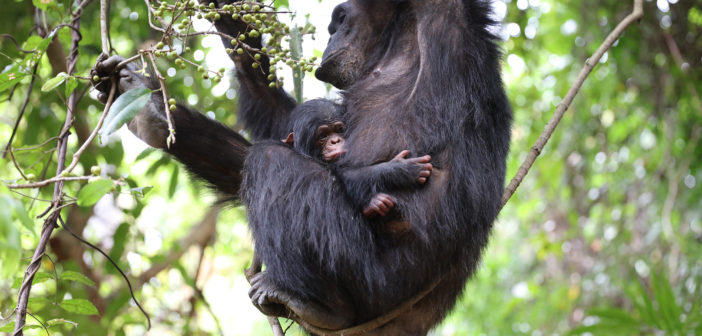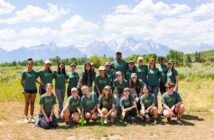On this World Wildlife Day, you may be thinking of the most iconic animals you’ve seen either in person or in stunning photography and films. These images shape our imagination and fill us with boundless wonder – but they also remind us how precious and majestic the wildlife we share our world with are. Most of all, however, it must remind us that in order to keep these interconnected and magical beings Forever wild #4EverWild, we must each take action, every single day.
The illegal trade in wildlife threatens species like chimpanzees and other great apes with extinction – it is the second biggest threat to wildlife after habitat loss. If it continues, we could face a world in which thousands and thousands of species are lost forever. That is why we’re joining together and asking all of you to participate in the Jane Goodall Institute (JGI) global chapters ForeverWild #4EverWild campaign! By becoming better informed, sharing what you know, and taking action in support of JGI’s efforts, we can secure a future where wildlife can live safely in the wild, for good.
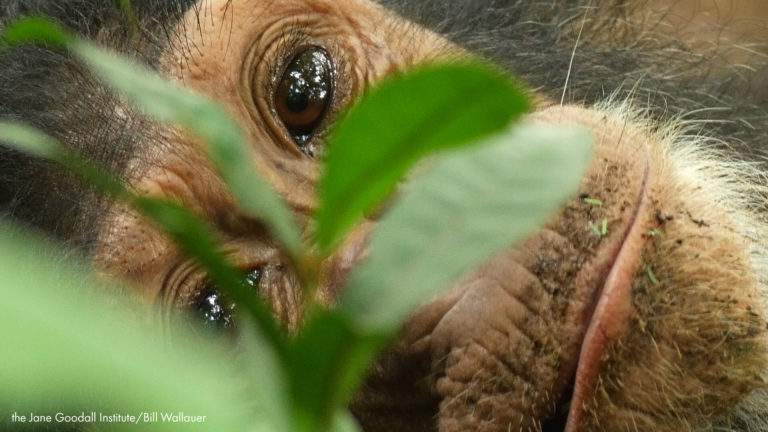
What’s the problem?
International wildlife regulations prohibit trade in endangered apes for commercial purposes. Despite this and their endangered status (only around 340,000 chimpanzees remain in the wild – on the high end of estimates), trafficking continues to bring in billions of dollars, and the endangered animals stolen from the wild become part of the trade by the thousands every year.
At least 3,000 endangered great apes, including orangutans, gorillas, bonobos and chimpanzees are lost from the wild every year as a result of wildlife crime and trade. It is estimated that more than 22,000 apes were killed or captured to be sold between 2005 and 2011 (GRASP). The story of the trade is a complex one, ranging from poaching for bushmeat to sell locally, to larger syndicates meeting global demand. Great apes are hunted for bushmeat and for their body parts, as well as being captured live for the illegal pet market, disreputable zoos, and tourist attractions. About two thirds of the apes lost are chimpanzees. The figures we have on this crime are drawn from seizures made by authorities, but sadly many more are likely stolen beyond those discovered.
You can do something about it – Join us!
Share with Care: #InAPEpropriate content on social media hurts wildlife
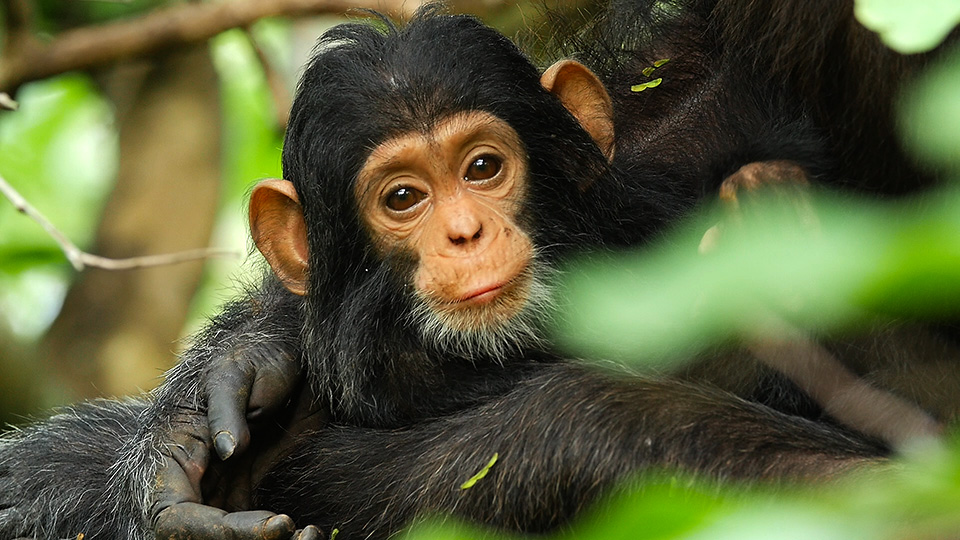
There are many reasons why inappropriate imagery and videos on social media harm great apes, and conversely how positive and appropriate imagery can actually be incredibly helpful. For one, inappropriate videos may directly exploit great apes and other primates, or reveal exploitative or inappropriate captive conditions in which they’re being held. Secondly, unfortunately and despite potentially benign intentions, social media videos and posts can drive the illegal trade in chimpanzees and other great apes to supply a demand for them as pets or attractions. You can learn more about appropriate vs. inappropriate content on JGI Global ForeverWild page and on the Jane Goodall’s Good For All News blog.
“Used wisely social media can be a force for good. In many ways it can connect us with the natural world and bring greater understanding of chimpanzees and the other amazing animals who inhabit this planet. And it can also inform us about the urgent need to protect them and their habitats. On the other hand, some of the material shared on social media – ‘cute’ infant chimpanzees dressed in human clothes; selfies with various wild animals, and other animals forced to perform for ‘entertainment’. All animals should be treated with respect and there should be nothing in social media to encourage people to buy wild animals as pets or to think that animals used in entertainment are ‘happy’. Please help us share the message that many animals, including chimpanzees and other apes, are endangered in the wild and we should share nothing online that might give a boost to the illegal wildlife trade.”
– Dr. Jane Goodall, DBE, Founder of the Jane Goodall Institute, UN Messenger of Peace
End Wildlife Crime
The Jane Goodall Institute global chapters are excited to share our participation in a unique and impactful campaign: End Wildlife Crime! As a champion for this collaborative global initiative, JGI has joined other international NGOs, companies and foundations all dedicated to using our resources, ingenuity, and expertise to end wildlife crime around the world, forever. To accomplish this, the task force aims to encourage States to fill serious gaps in international law by advocating for and offering technical support to 1) Create a new global agreement on wildlife crime, and 2) Amend existing international wildlife trade laws to include public health and animal health into decision making. Learn more and stay tuned!
Support JGI’s Triangle Approach – Three Times the Good for All
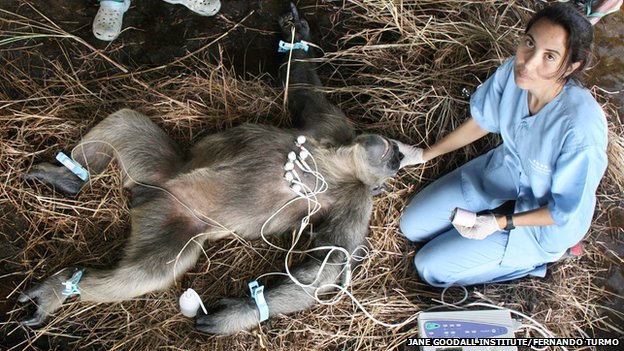
*JGI does not endorse handling or close proximity to wildlife. This represents a sanctuary setting with trained professionals.*
JGI’s “Triangle Approach” is the way we address wildlife trade in our Africa Programs. It relies on established JGI-led captive welfare standards and practices, developing environmental awareness and educational initiatives, and working with local law enforcement teams. Our leaders like Dr. Rebeca Atencia, executive director of the JGI – Republic of Congo and manager and head veterinarian at JGI’s Tchimpounga Chimpanzee Rehabilitation Center, have used the Triangle Approach to build strong relationships with local communities, government, and law enforcement, while also working on prevention strategies like educational billboards and youth programs. The result has been greater understanding of laws protecting endangered great apes, improved wellbeing via sustainable livelihoods like agriculture which feeds chimpanzees at the sanctuary, more efficient enforcement, best in class rescue and welfare for harmed chimpanzees, and a reduction in wildlife crime.
At Tchimpounga in the Republic of the Congo, chimpanzees are given a second chance at a happy life. Become or Gift a Chimpanzee Guardian to give a second chance to victims of the wildlife trade.
Learn more about ForeverWild and share on social tagging #4EverWild:
Example post: As @janegoodallinst shares, “The greatest danger to our future is apathy.” It’s up to each of us to grow empathy & action to protect precious + threatened global #wildlife. For #WorldWildlifeDay, join JGI chapters to make sure species stay #4EverWild. <<BLOG LINK>>

The Jane Goodall Institute is a global community conservation organization that advances the vision and work of Dr. Jane Goodall. By protecting chimpanzees and inspiring people to conserve the natural world we all share, we improve the lives of people, animals and the environment. Everything is connected—everyone can make a difference.


